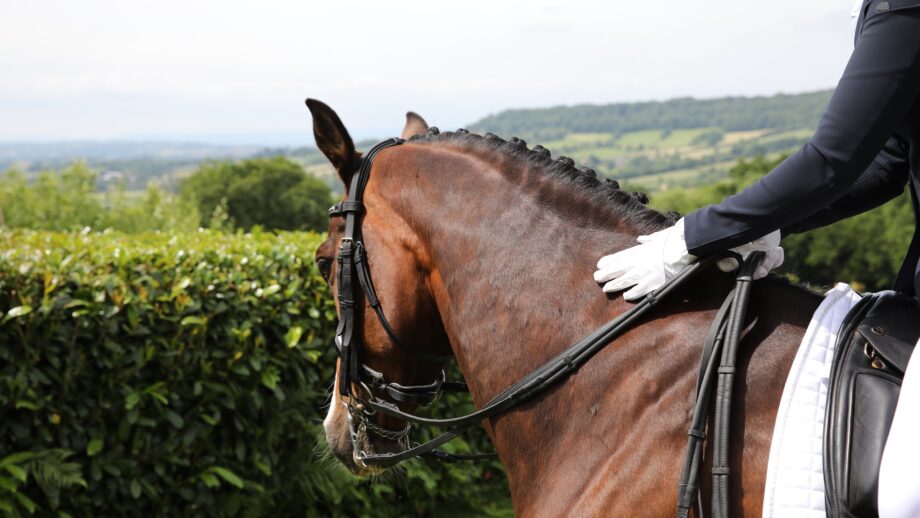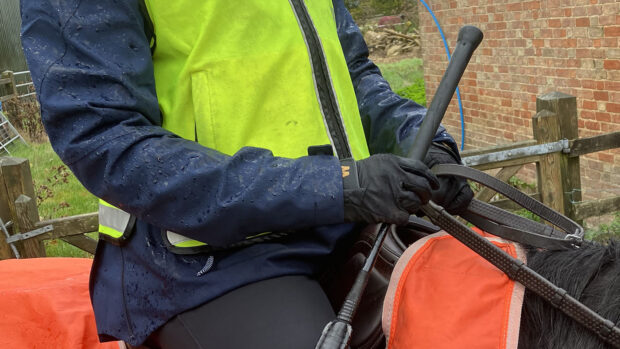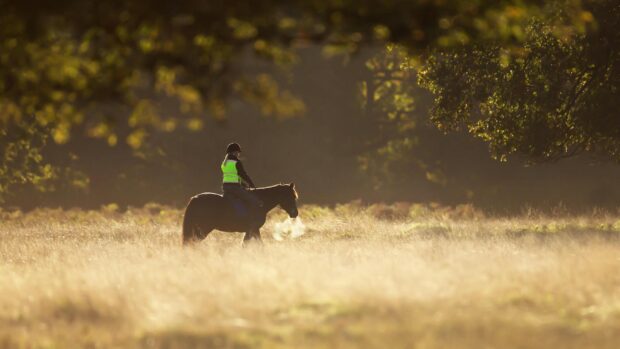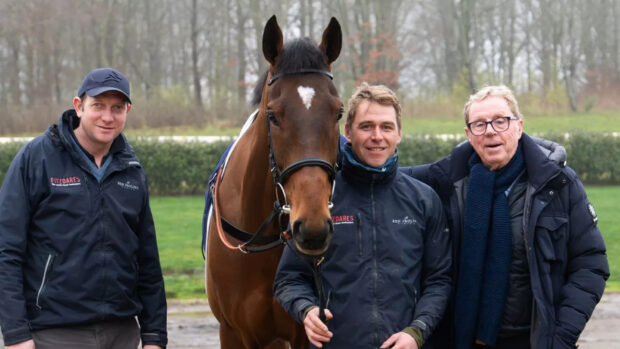Moves to allow voice aids in dressage competition, made after rider feedback, have been welcomed as a positive step by competitors.
From January, British Dressage (BD) and British Riding Clubs (BRC) will allow “discreet” use of vocal aids, including tongue clicking, during tests. BRC has also ruled that nosebands will no longer be compulsory in dressage.
“Throughout all BRC competitive opportunities, we always strive to make sure the best practices are followed to support everyone involved,” head of BRC Rachael Hollely-Thompson told H&H. “The welfare and safety of both the horse and rider is always the most important thing for us to consider and for that reason, we regularly review the rules we have in place.
“Going forward, riders can now use discreet vocal aids in their dressage tests to support their natural riding aids, such as tongue clicking. However, the use of the voice must remain unobtrusive and must not cause distraction or interference to other riders, horses and officials.”
Ms Hollely-Thompson said BRC has already had “very positive” feedback to the new rule.
“Comments include: ‘This is great news as my horse is used to hearing my voice when we’re riding and finds it reassuring,’” she said.
“In addition to this, the revised BRC handbook states that the requirement of nosebands will no longer be compulsory in dressage. We believe both revisions will play a key role in supporting all those involved in BRC events and activities, and look forward to rolling them out.”
BD CEO Jason Brautigam told H&H that after BD outlined its equine welfare action plan in 2024, members got in touch with “constructive suggestions about how we could potentially improve our sport, in terms of the rules and regulations”.
“One of these ideas was to allow the use of the voice as an aid, in particular to support the progression of young and inexperienced horses,” he said. “This was discussed by the board and our technical committees, with unanimous support for this rule change.
“Providing use of the voice is discreet and unobtrusive, and does not disturb riders in adjacent arenas, we all agreed that this would be a positive move.”
All regular competition
Mr Brautigam said the rule applies to all regular competition, including young horse and pony classes, but not at championship level; regionals, Area Festivals, winter, national, Quest, combined training and associated championships and Quest semi-finals. BD is to communicate details to members, and the rules will be published on 1 December.
The voice has long been considered one of the “natural aids” in riding, with the legs, seat and hands, as an auxiliary aid to reinforce other cues.
Olympic dressage rider and trainer Richard Davison told H&H the change is a positive one.
“It’s a really good thing from a horse learning angle,” he said. “Everybody knows the voice is, mostly, an acceptable way to influence the horse – and we’ve all used a ‘whoa’ or a click in the arena for years, but careful not to where the judge could overhear!”
Richard pointed out that this “levels the playing field”, as although judges “huddled in a box” at a wet, windy outdoor show might not have heard voice aids, those indoors would be more likely to.
“From an ethical training point of view, it’s a step in the right direction,” he added. “Of course, as with any aid, if it’s used constantly it’ll be less effective so it should be a measured tool but it’s a good thing.”
- To stay up to date with all the breaking news from major shows throughout 2025, subscribe to the Horse & Hound website
You may also be interested in:
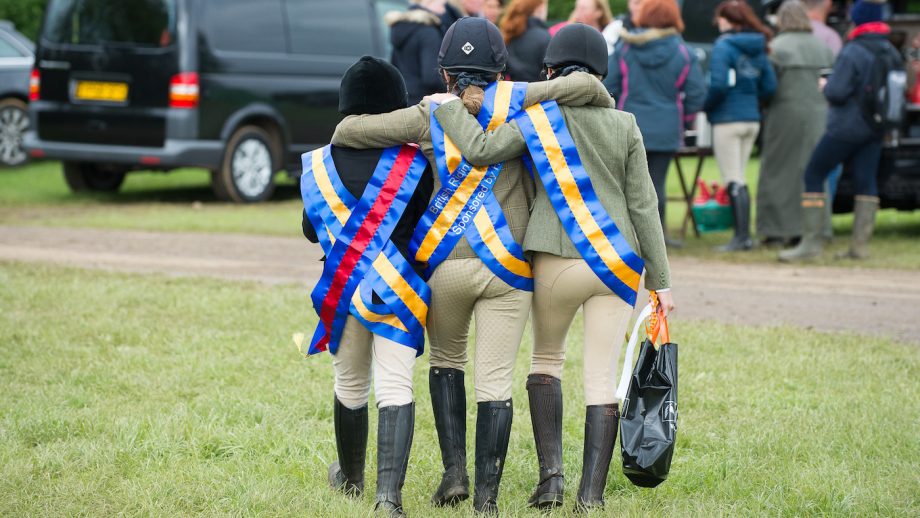
Governing body allows dark breeches in competition, in ‘important and significant’ change

Ban on using whips after refusals, elimination and ‘out of temper’ in competition

‘The kind of change needed in horse sport’: British Dressage launches equine welfare action plan

A ‘massive step’ as new whip and spur rules are making a difference

Subscribe to Horse & Hound magazine today – and enjoy unlimited website access all year round

